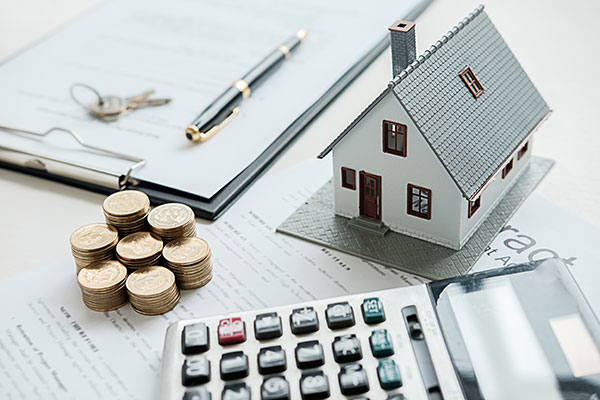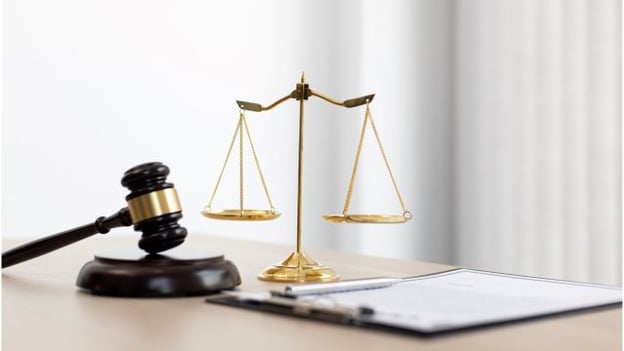COVID-19 has almost brought the world to a stand-still. Many businesses have been crippled, and millions of people have lost their jobs. Many families are struggling to make ends meet because of the pandemic's effects. Homeowners are also finding it difficult to honor their assessment payments. Homeowners associations are obligated to collect assessment fees under HOA finance standard collection policies. However, you can also be humane and design a considerate repayment plan. Here is an overview of important considerations when designing repayment plans fair to both the homeowners and HOAs' interests amid the COVID-19 pandemic.
1. Filing a Lien
A lien is a legal claim on the homeowner's property as an assurance of payment of outstanding debts. Filing a lien provides several guarantees, including restricting the homeowner from selling or transferring the property before settling the debt. While many may see the Lien as an aggressive tactic, it's really not meant to be considering the way that most community associations are operating as non-profit organizations and the Lien is the first step to ensuring the payments are made by the responsible party.
Community association liens are automatic in most states. However, it's recommendable to file a record notice of your association's lien if you wish to establish priority. This is because association liens rank behind mortgage liens and other debts, which means that your debt would not be prioritized if the homeowner became delinquent. The lien must also be authorized under the community association's governing statutes.
2. Formulating a Repayment Plan
There is a growing expectation of the end of the COVID-19 pandemic and a return to the norm. To this end, indebted homeowners only need more time to rebuild themselves and honor their payments. As such, it is sensible to come up with a payment plan that will accommodate the homeowners' needs.
Repayment plans should outline the terms of payment for outstanding debts. It should also accommodate any foreseen defaults in standard payments for as long as the pandemic is expected to last. Bring the homeowner to the negotiating table and settle on a figure fair to both parties. If you are interested in discussing the types or payment plans or alternative options, we encourage your to speak to your management company contact and get expert opinions on the ways to go about setting these up. You may also need to involve your attorney to ensure that all state and local laws are being followed. Recent emergency relief bills have been circulating and it's more important than ever to know what options your community has and what aid, if any, is available to your homeowners.
3. Getting Documented Testimonies
Without formal documentation, all your negotiations with the homeowner are non-binding. The homeowner can decide to default on the repayment plan, and there isn't much you would do about it. As such, it is important to get every relevant detail documented under your community association's governing statutes.
First, you will need documentation proving the homeowner's ability and willingness to pay. As such, ask to see their credit report, mortgage status, pay stub, and any other document necessary in making this judgment. Second, you will need documents backing your agreement with the homeowner, including the terms of the repayment plan.
It's recommendable to hire an attorney to take care of all documentation under the relevant legal guidelines. The attorney will cover everything to ensure that the homeowner keeps their end of the deal.
4. Getting a Confession of Judgment
The homeowner can still decide to default on the repayment plan, even with all the necessary documentation present. In this case, experts recommend getting a confession of judgment.
A confession of judgment essentially is the homeowner's recorded declaration assuring his/her commitment to the repayment agreement. The confession also includes the homeowner's concession to file the earlier discussed documents and pursue legal solutions if he/she defaults on the payment plan.
A confession of judgment will save your association a lot of trouble if the homeowner does indeed default on the payment plan, as you will not have to go through the cumbersome trial process. As such, get an attorney to oversee the process and help the homeowner understand what it means.
Is it Permanent?
The COVID-19 pandemic may be a permanent fixture in our lives but the financial ramifications are temporary, and several agencies are already making significant advances in the search for a cure. As such, the problems with payment will hopefully not last much longer. However, the best that anyone can do in the meantime, is adapt to the changes and accommodate others as best as possible. These repayment plans considerations will help you make the necessary accommodations while also holding indebted homeowners accountable.




